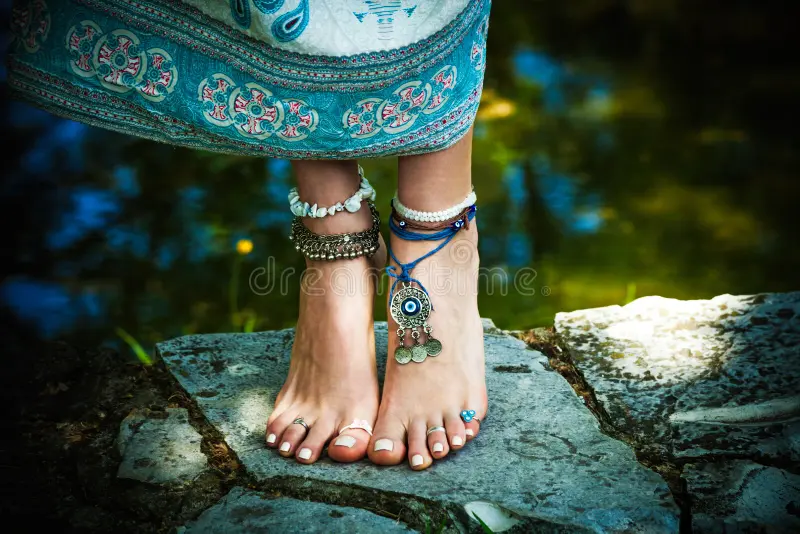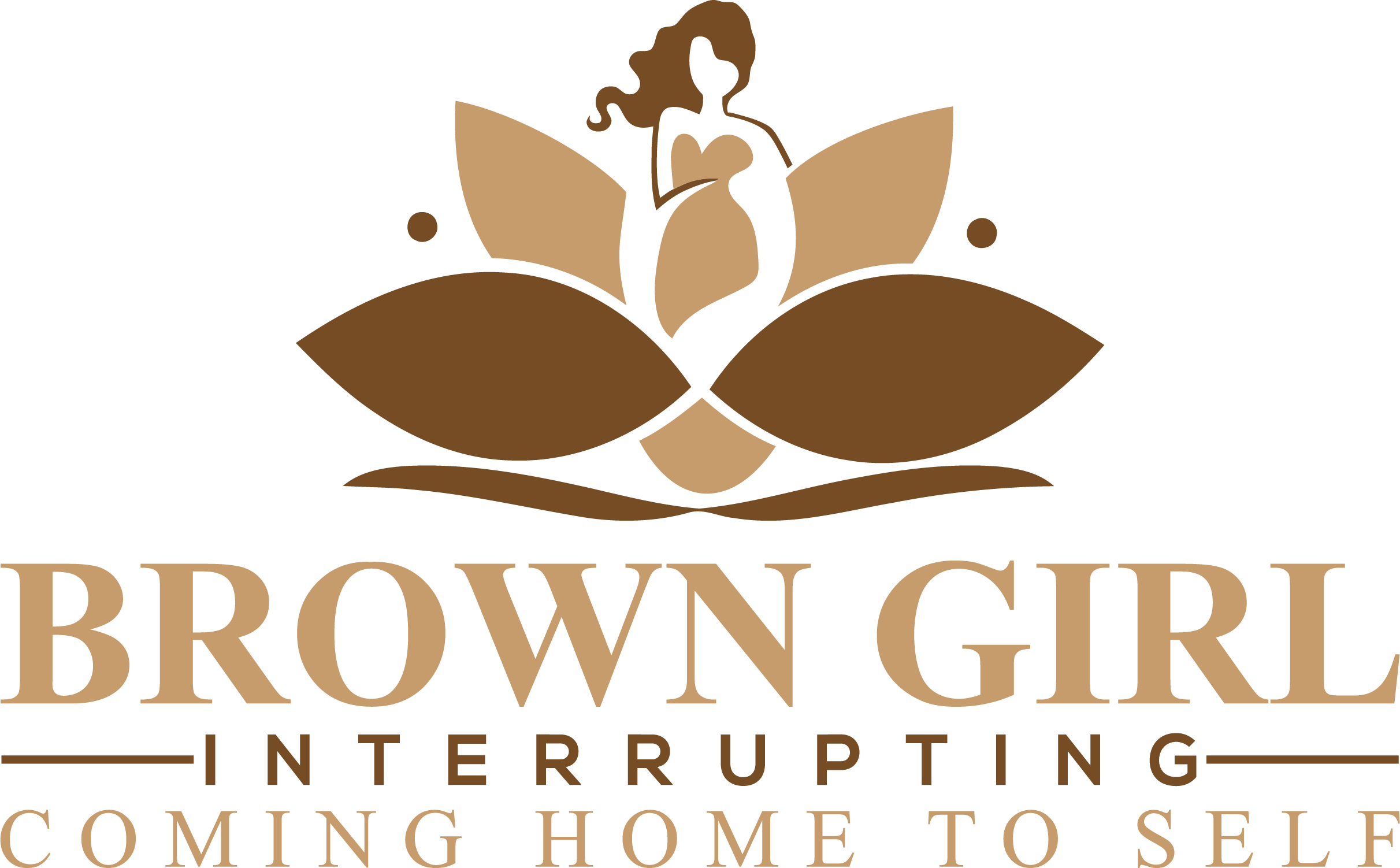March 30, 2021
Desi is a catch-all term used by many South Asians. It means “from the land of”, but for me, it’s always been another way to say “brown like me” or “my kind of Asian”. When I was growing up the challenge of being a first-generation American was captured with the label ABCD (American Born Confused Desi). In my case, that confusion was further compounded by parents who centered religion over culture and came from two different countries and upbringings socially, politically, and spiritually. My siblings and I were already standouts in American society and in addition, we didn’t fit the conventions of our cultural counterparts either. I can’t speak Urdu or Bengali without mashing them together with a sprinkling of English, it turns out to be more like Urgalish. You should not expect a home-cooked desi meal at my home. My desi wardrobe is about a decade old in style. I know very little of culture as a way to identify myself.
Yet, I am clearly brown-skinned and regularly hear the question “where are you from?”. So what does it mean to be desi for me and how has it impacted my decisions and thinking?
The inception of Brown girl Interrupting was inspired by the work I do in my day job. I am an instructional specialist on race and equity in a local school system which means I spend my days talking, coaching, and creating learning for people to understand the implications of identity on our consciousness and education. Yet, all my life I have struggled with who I am and where I fit in my own identity. So being a brown girl is the core of who I am, but who that brown girl is, still remains a mystery at times.
This has led me to want to examine more about myself. What I am discovering is that being brown is complicated and something I am learning about each day. I show up in my writing, my videos, and every day from the point of view of being Marya, but who that has come to be is grounded in the fact that I am a brown girl born and raised in America by immigrant parents. It has implications and lasting effects on how I view and scrutinize my life regularly.
I started my full adult life at 22 when I left my parents’ home to marry the father of my child. He was a White-Vietnamese man who knew nothing of who I was and made little effort to find out. I knew this because of his actions, words, and lack of effort. After 10 years of marriage, he came home from work and shared that he met a man who was inquiring about where his wife was from after seeing my picture in his office. Then proudly stated, “I told him you were from India”. FULL STOP. I am not Indian, I am from Pakistan and Bangladesh. I introduce myself this way, there are two distinct sides of my family that represent this fact and most importantly it matters that my husband of ten years knows this detail about me. Instead, he told a stranger his wife was Indian as though it’s all the same.
If he were a stranger, I would overlook it as a harmless mistake or just being unaware of the differences, but he was the man I had three children by and was building a home with. Knowing and valuing who I am is an integral aspect of that process. That tone of ignorance and invalidation was present throughout our marriage. On the surface he claimed to the world that we were a diverse couple yet, internally he knew nothing of how that diversity impacted my consciousness and at times fueled my insecurities. After all, when you are told by your spouse that you are “pretty for a brown girl”, it’s difficult not to take the backhanded slap to heart.
This brings me full circle to where I sit now almost three years after leaving my marriage and starting this journey of knowing myself better. All these years later and inundated in work on race and equity, yet still I sit here as a grown-ass woman trying to figure out what my identity means to me. What does it mean to have caramel skin, parents from Pakistan and Bangladesh, and be raised as a Muslim when I face raising my children, the dating world, and navigating the life of a single mother of four?
What I have come to see is that I end with more questions than answers.
How will I continue to raise my children with a sense of my culture when I know and live so little of it in my own life?
Why can’t I imagine dating or even marrying a desi or Muslim guy?
What do I still want to learn about my heritage and ancestors that will help guide me in my spiritual growth?
What aspects of my upbringing do I embrace willingly, and what do I feel obligated to carry?
I am not discouraged by this, it’s another way for me to engage in this knowledge-building quest of understanding myself. The process of discovery never ends, we are just led to new paths and honing in on what it is we are looking to find along the journey. I am uncovering my authenticity by unpacking what it is to be an American Born Confused Desi woman one step at a time.



Leave a Reply